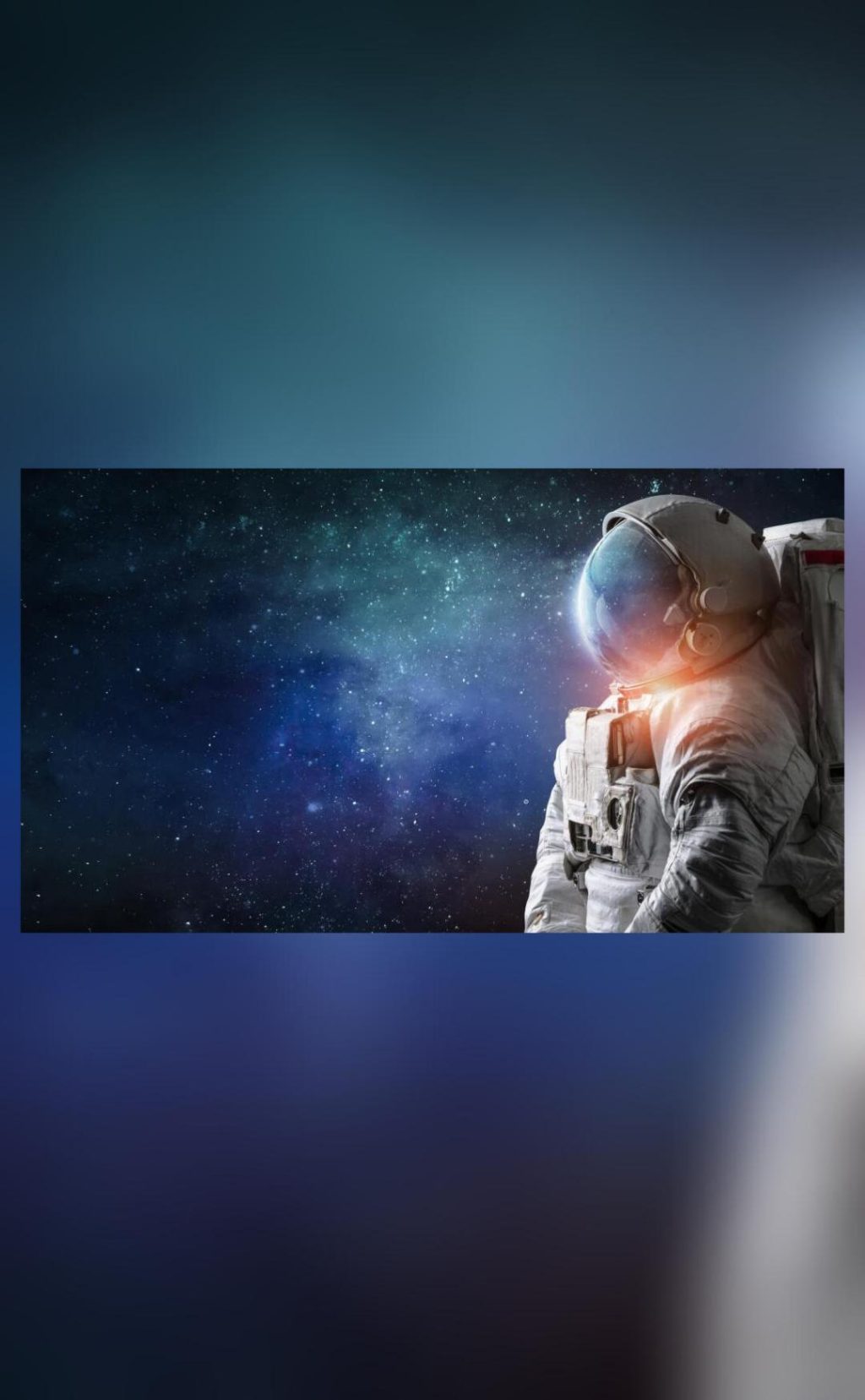
Google & NASA Create AI Medical Assistant for Mars Missions
As humanity continues to push the boundaries of space exploration, ensuring the health and well-being of astronauts on long-duration missions to Mars and beyond is a top priority. To address this challenge, NASA and Google have collaborated to develop an AI-powered medical assistant, designed to provide critical care to astronauts in space. The Crew Medical Officer Digital Assistant (CMO-DA) is a groundbreaking innovation that leverages Google Cloud’s Vertex AI platform to process speech, text, and images, making it a versatile and effective tool for diagnosing and treating medical conditions.
The CMO-DA is a multimodal AI system that can understand and respond to a wide range of inputs, from spoken commands to written text and visual images. This capability enables it to provide personalized care to astronauts, taking into account their individual medical histories, symptoms, and treatment plans. By integrating AI technology into medical care, the CMO-DA has the potential to revolutionize the way healthcare is delivered in space, improving patient outcomes and reducing the risk of medical errors.
The CMO-DA has already demonstrated impressive diagnostic accuracy rates in initial testing. In a study conducted by NASA and Google, the AI system achieved an accuracy rate of 88% for diagnosing ankle injuries and 80% for diagnosing ear pain. These results are promising, suggesting that the CMO-DA could be a valuable asset for astronauts on Mars missions, where medical expertise may be limited and timely access to specialized care may be challenging.
The development of the CMO-DA is part of a broader effort by NASA and Google to harness the power of AI for healthcare in space. The partnership aims to create a suite of AI-powered tools that can support the medical needs of astronauts on long-duration missions, from monitoring vital signs and detecting anomalies to providing real-time guidance and decision support.
The CMO-DA is designed to work closely with human medical personnel, serving as a digital companion that can assist with diagnosis, treatment, and patient monitoring. By processing vast amounts of medical data and clinical insights, the AI system can help identify potential health risks and provide personalized recommendations for care.
The potential applications of the CMO-DA extend far beyond Mars missions. As AI technology continues to evolve, it’s likely that similar systems will be developed for use in hospitals, clinics, and other healthcare settings on Earth. By improving the accuracy and efficiency of medical diagnosis and treatment, AI-powered medical assistants like the CMO-DA could have a profound impact on healthcare outcomes, reducing costs and improving patient satisfaction.
The collaboration between NASA and Google is a testament to the power of public-private partnerships in driving innovation and advancing our understanding of AI in medical care. By combining the expertise of two of the world’s leading organizations, the CMO-DA represents a significant step forward in the development of AI-powered healthcare solutions.
As NASA and Google continue to work together to refine and improve the CMO-DA, it’s clear that the future of medical care in space is brighter than ever. With the CMO-DA at the forefront of this effort, astronauts on Mars missions can rest assured that they’ll have access to cutting-edge medical assistance, designed to keep them healthy and safe as they explore the vast expanse of space.






